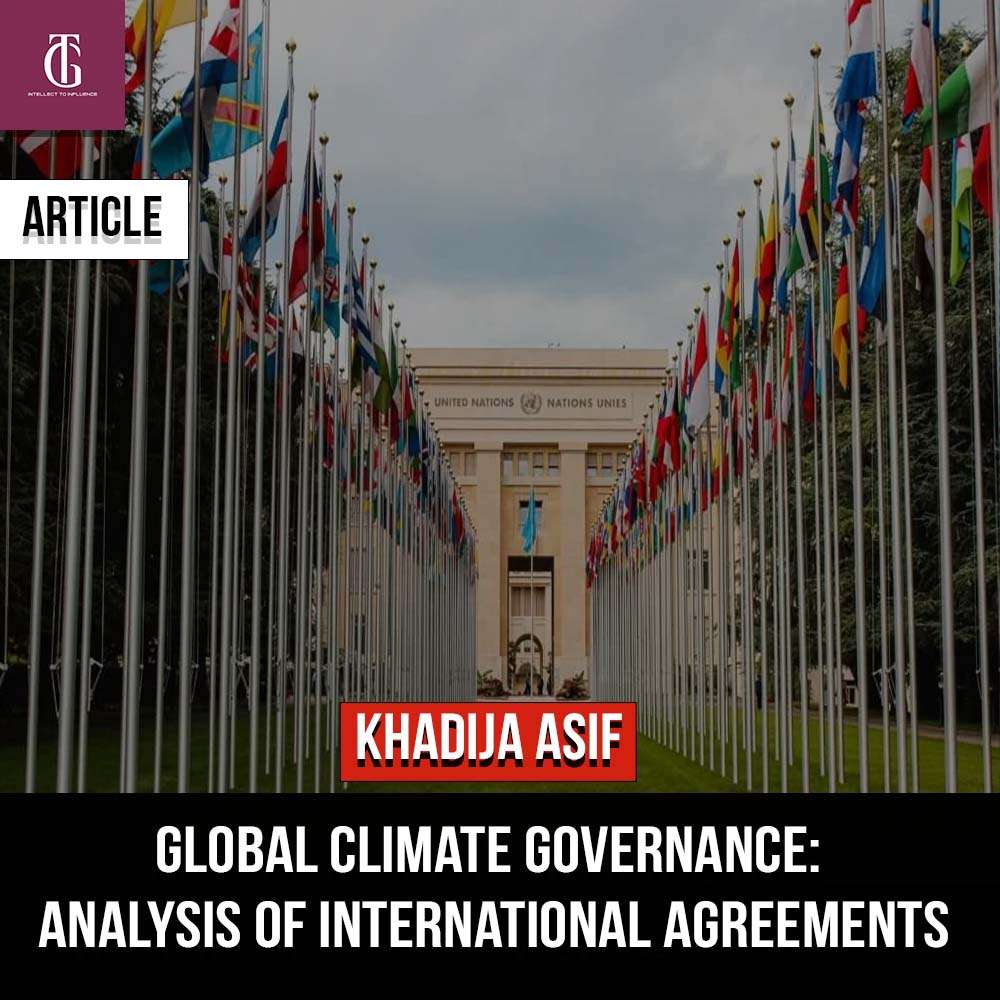
Climate change refers to the swift alterations in global climate dynamics, attributed predominantly to human activities, leading to the thawing of glaciers across the Atlantic and Arctic, and a surge in force majeure events such as typhoons, hurricanes, cyclones, floods, excessive rainfall, water shortages, declining agricultural productivity, desertification, species extinction, and the emergence of climate refugees.
Anthropogenic greenhouse gas (GHG) emissions stemming from fossil fuels and agricultural practices, alongside natural emissions like forest and savanna fires, exacerbate this phenomenon.
Despite overwhelming evidence, a schism persists between two factions regarding the reality of climate change. One faction view global warming as a naturally occurring cyclic event, disconnected from human influence, while the other attributes it to unprecedented human activity post-Industrial Revolution, particularly the burning of coal and fossil fuels, leading to GHG emissions that trap solar infrared radiation, thereby driving global warming.
The repercussions of climate change manifest most notably in rising global temperatures, compelling nations to confront this issue due to its transboundary nature. Establishing an international body for mitigation became imperative, emphasizing the necessity of global consensus, collective action, and international agreements.
However, inherent flaws in existing institutions and the absence of an effective, binding global climate regime pose challenges to unified decision-making, underscoring the need for a new multilateral framework.
Multilateral development banks like the African Development Bank, Asian Development Bank (ADB), European Bank for Reconstruction and Development (EBRD), Islamic Development Bank (IDB), World Bank (WB), and International Monetary Fund (IMF) emerge as potential entities capable of addressing this issue. These institutions can create special funds for green projects, support countries in pursuing clean development goals, and condition loans on environmental policy reforms. Currently, WB gives $2 billion in carbon funds and supports emission-cutting activities. It has also worked in collaboration with the United Nations Framework Convention on Climate Change (UNFCCC) in granting climate investment funds.
Additionally, informal forums such as the G-8, G-7, G-20, and regional organizations like the Asia Pacific Economic Cooperation (APEC) and the European Union (EU) contribute to climate mitigation efforts.
APEC’s initiatives on clean energy exemplify its role in assisting developing countries with environmentally friendly projects and access to clean development mechanisms. However, their effectiveness is limited, especially concerning economically powerful nations’ interests.
Global Institutions for Climate Change:
The Global Environment Facility (GEF), in collaboration with organizations like the United Nations Development Programme (UNDP), the United Nations Environment Programme (UNEP), and the World Bank (WB), provides green funds to member countries.
Specialized agencies such as the International Civil Aviation Organization (ICAO), International Maritime Organization (IMO), International Atomic Energy Agency (IAEA), Food and Agriculture Organization (FAO), and World Health Organization (WHO) also contribute significantly to climate change mitigation efforts.
For instance, the ICAO sets emission standards for the aviation industry and provides technical guidance on reducing emissions, while the FAO supports initiatives to enhance agricultural productivity in environmentally friendly ways. The IAEA also contributes to reversing climate change by helping countries use nuclear power, a near-zero-carbon energy source. However, it does not explicitly address climate-related issues.
The World Food Programme does not have a specific focus on climate change mitigation. However, it plays a crucial role in providing food assistance during climate-related emergencies, thereby helping alleviate hunger in vulnerable populations affected by such crises. Additionally, its efforts contribute to addressing global food insecurity, which can be exacerbated by the impacts of climate change in the future.
These agencies leverage their expertise and resources to address various aspects of climate change, ranging from reducing emissions from transportation and agriculture to enhancing resilience to climate-related health risks, demonstrating the multi-faceted approach required to effectively combat this global challenge.
International Agreements on Climate Change:
International agreements, including the Montreal Protocol and the Paris Agreement, play pivotal roles in addressing climate change. The Montreal Protocol, aimed at phasing out ozone-depleting substances, stands out as a successful example.
Conference of Parties:
Berlin Mandate COP-1
The first-ever “conference of the parties” was held in Berlin from March 28 to April 7, 1995, during which it was agreed that the convention was too limited to urge the signatories to work collectively and to reduce GHG emissions to 1990 levels by 2000. Members began a two-year negotiation process to reach a legally binding agreement/target to reduce GHG emissions. The process started through the Berlin Mandate and culminated in the Kyoto Protocol.
Kyoto Protocol COP-3
Kyoto Protocol took place in the first ten days of December 1997 in Kyoto, Japan. It was created in COP-3 as the first greenhouse gas reduction treaty. It focuses on reducing GHG emissions by around 5.2% by 2012. An important part of the Kyoto Protocol was that it puts all the responsibility for increasing GHG emissions on developed countries, putting a heavier burden on them for reduction under the principle of “common but differentiated responsibilities (CBDR).” Nevertheless, it also places some responsibilities on developing nations. These differentiated commitments have divided the countries of the world into two factions.
Paris Agreement COP-21
outlines commitments to keep global temperature rise below 2°C. These agreements underscore the importance of global cooperation in combating climate change and represent significant milestones in international efforts to safeguard the planet’s future.

Khadija Asif
Khadija Asif is a Mphil student in International Relations at Punjab University, Lahore. Her areas of interest are non-traditional security threats, Artificial Intelligence, International Affairs and power dynamics. She can reached via deejukhan2504@gmail.com





